Description
FirmySkin with ELASTIN Gel offers a comprehensive solution for maintaining and rejuvenating the skin by focusing on the crucial role of elastin in skin elasticity and flexibility. As we age, the decline in elastin and collagen production can lead to various skin concerns, making this product an essential addition to your salon or spa’s skincare offerings.
Here are the 10 most important benefits of the FirmySkin with ELASTIN Gel and how it can enhance, transform, and provide a unique experience for your salon, spa, or aesthetic clinic clients:
- Improved Skin Firmness: FirmySkin with ELASTIN Gel enhances skin firmness by restoring the necessary elasticity for taut and resilient skin.
- Smoother Skin: This product helps smooth out fine lines and wrinkles, resulting in a more youthful and rejuvenated appearance.
- Even Skin Tone: FirmySkin with ELASTIN Gel promotes even skin tone, reducing the visibility of hyperpigmentation and blemishes.
- Diminished Dimpled Skin: By strengthening and firming the skin, this product contributes to the reduction in the appearance of cellulite, providing a smoother skin surface.
- Enhanced Skin Texture: Expect improved skin texture as FirmySkin with ELASTIN Gel makes your skin smoother and more supple.
- Increased Skin Elasticity: Maintaining skin elasticity is crucial, and this product helps your clients’ skin become more resilient to stretching and pulling.
- Collagen Boost: FirmySkin with ELASTIN Gel stimulates collagen production, another key factor for youthful and healthy skin.
- Superior Skin Hydration: Enjoy enhanced skin hydration with this product, contributing to improved overall skin health and appearance.
- Support for Skin Repair: FirmySkin with ELASTIN Gel aids in skin repair by promoting the growth of new, healthy skin cells.
- Reduction of Stretch Marks & Scars: This product can effectively reduce the appearance of scars and stretch marks by encouraging the growth of healthy skin cells.
FirmySkin with ELASTIN Gel offers a comprehensive solution for maintaining and rejuvenating the skin by focusing on the crucial role of elastin in skin elasticity and flexibility. As we age, the decline in elastin and collagen production can lead to various skin concerns, making this product an essential addition to your salon or spa’s skincare offerings.


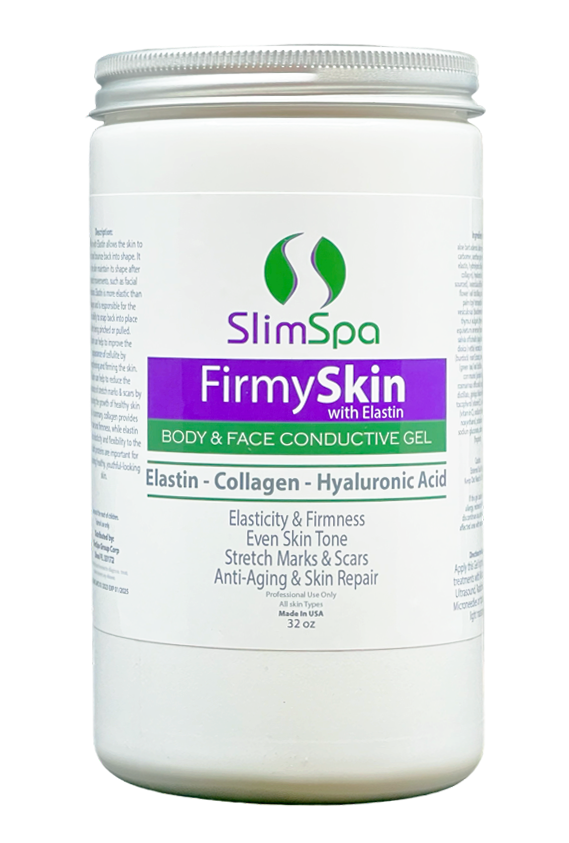


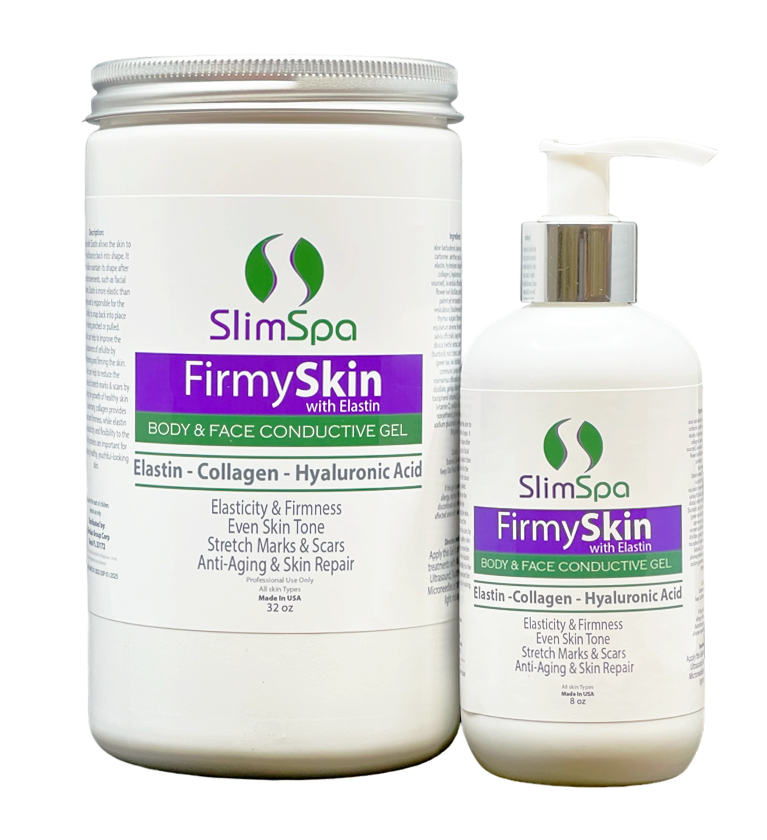

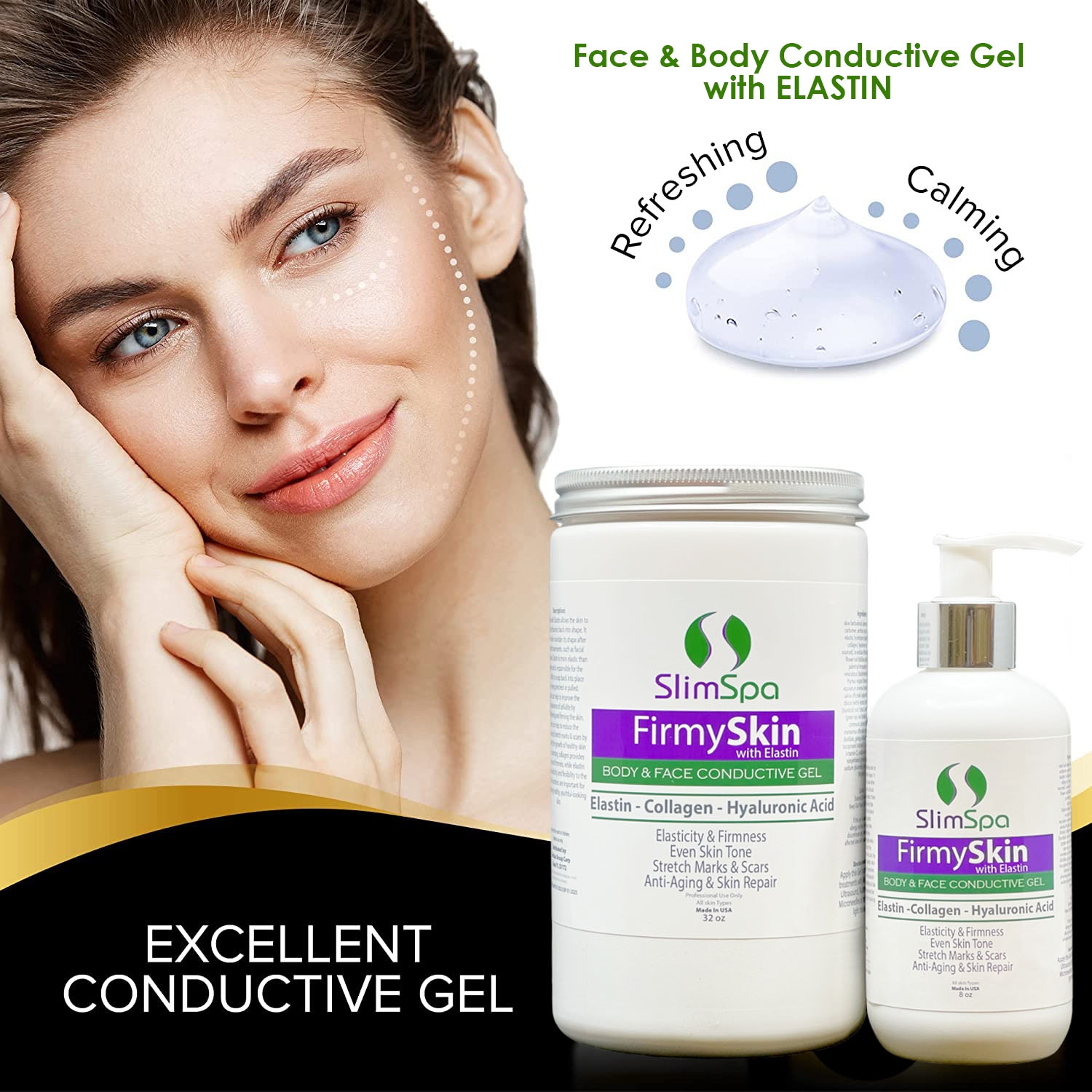



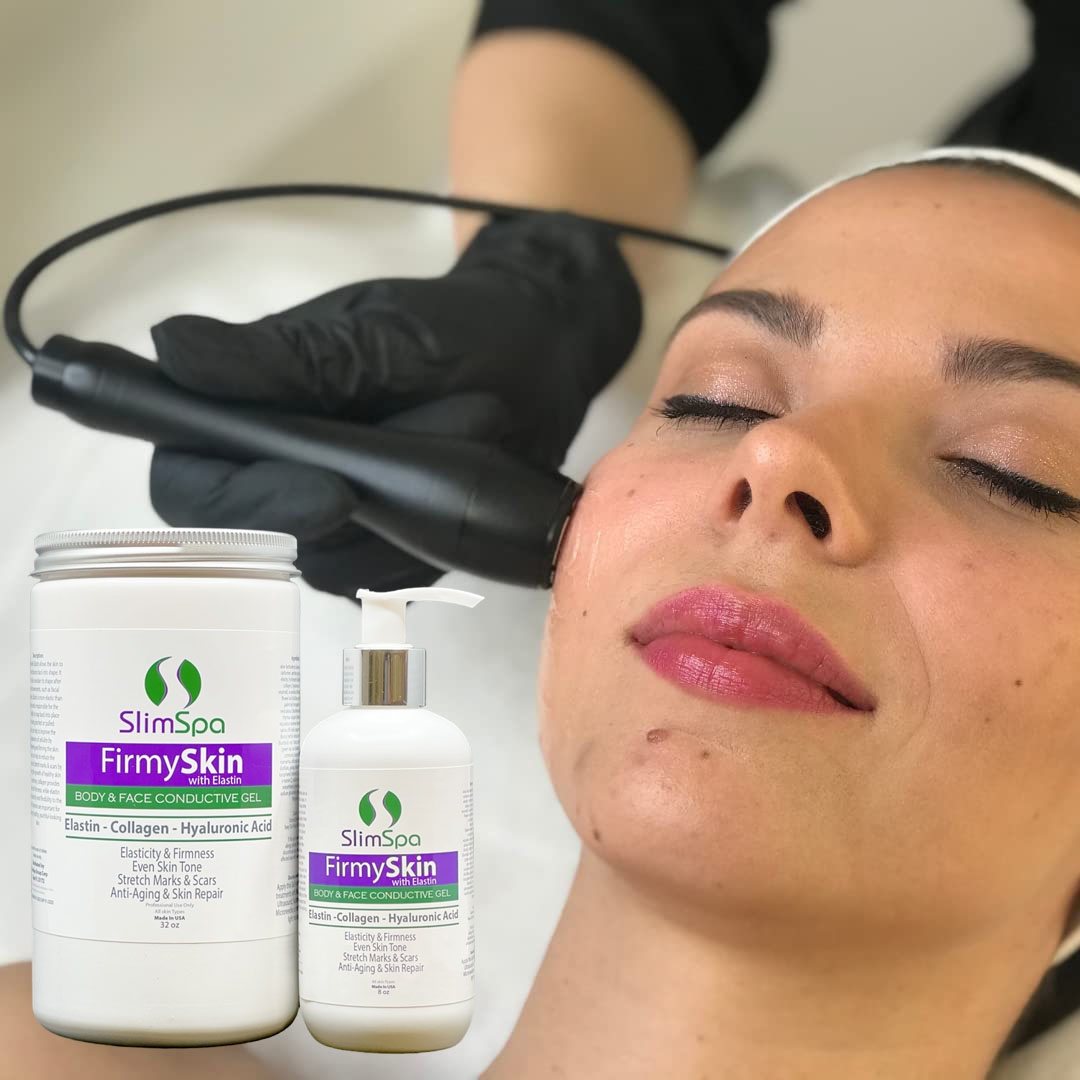




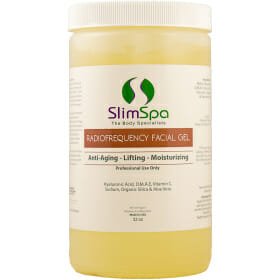
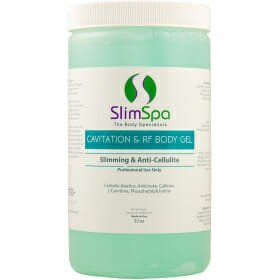

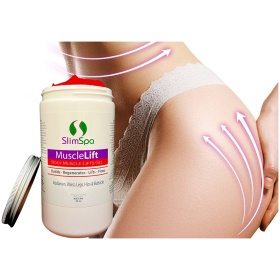
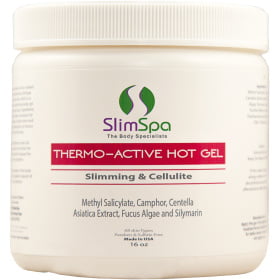
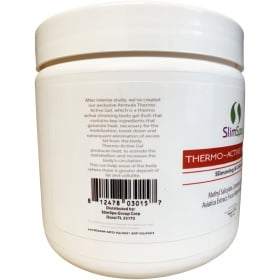

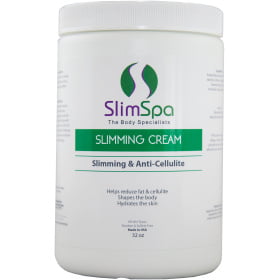
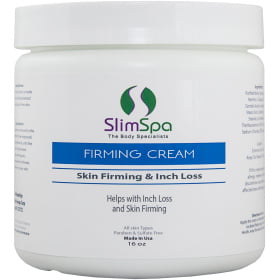
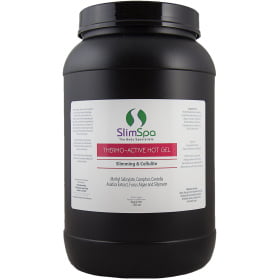
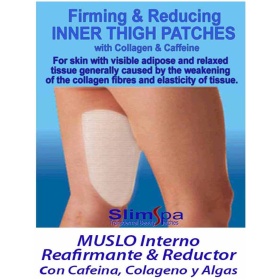



Verified Customer –
Enhanced firmness; client praises never stop.
Holly Jimenez (Verified Owner) –
Holly JimenezKali Orozco (Verified Owner) –
Kali Orozco